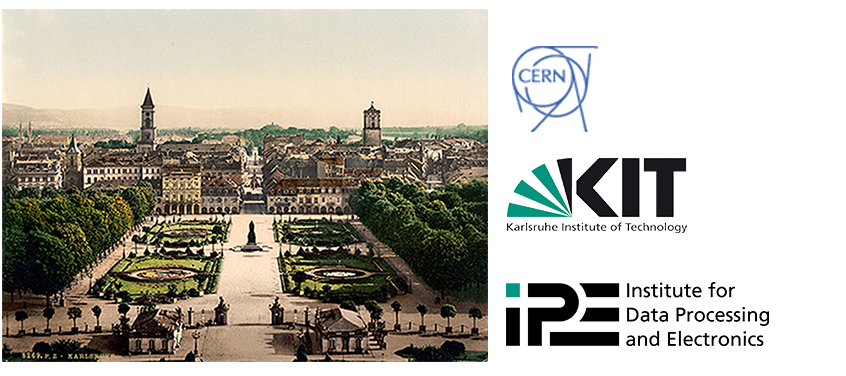Speaker
Description
Various german Helmholtz centers started 2014 to develop a modular data acquisition platform. This platform integrates generic hardware components like the multi-purpose HGF-AMC Hardware or the UFO smart camera framework, adding user value with linux drivers and board support packages. Technically the scope comprises FPGA-modules, frontend-electronics-interfaces, FPGA-microcontrollers plus software and high-performance data transmission to computing servers.
The core idea is a generic and component-based approach, satisfying specific requirements of different experiments.
Its ability to deploy on different hardware is an essential feature; another is MTCA.4-support for compatibility with commercial components.
Summary
Scientific instrumentation tends to more channels with higher resolution and readout rate. Quite often, there is a demand in significant increases in each of these qualities, leading to higher needs in bandwidth and system performance. The resulting complexity rises in a nonlinear way, pushing the required resources beyond the limits of what single institutes can allocate. With the intent to join efforts, various centers in the German Helmholtz Association (HGF) started to develop a modular data acquisition platform in 2014. Based on a cooperation in the area of “Detector Technology and Systems” (DTS) this approach was named DTS platform.
It aims at an integration of versatile hardware components with generic firmware and software approaches, being able to transfer both control system information and high bandwidth to computing nodes. The UFO smart camera framework with its combination of specific hardware and generic firmware plus software gives an excellent idea of the design properties of such an approach. Embedding versatile hardware components like the multi-purpose FPGA AMC Hardware (HGF-AMC) adds additional flexibility. In order to come to clear system interfaces, UFO’s idea of fast links on the FPGA side gave the idea of choosing linux software drivers as high level interface for the DTS-platform.
This offers a chance to adapt various existing DAQ- and control system packages and gives the chance to develop board support packages. Ease of use and the chance of an early involvement in the development and test workflow are benefits as examples from various HGF centers show.
Technically the generic part comprises FPGA-modules, notably frontend-electronics-interfaces, FPGA-microcontrollers with their software and high-performance data transmission techniques towards computing servers like PCIe, Ethernet and Infiniband.
The core idea of the DTS platform is a generic and component-based approach that offers a framework to satisfy the specific requirements of different experiments. With the high degree of flexibility in FPGA’s, the ability to deploy a design on different hardware platforms became a crucial requirement. Nevertheless, the decision to support standards like MTCA.4 in hard- and software came natural. Proper interface descriptions realize compatibility with commercially available components, giving an additional push to the development cycle and giving access to affordable common development hardware.
This work is supported by the programme "Matter and Technology" in the Helmholtz Association in order to improve the cooperation and knowledge exchange between the centers. It aims at reducing costs and development time and will ensure access to latest technologies for the collaboration.
